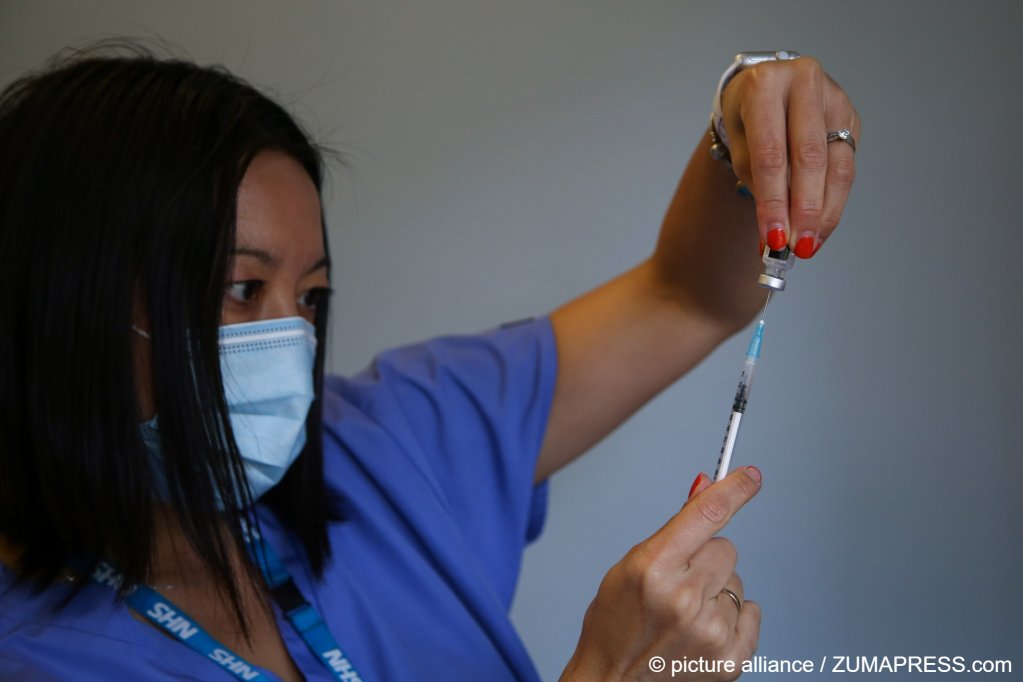The changes in UK immigration policy and overseas recruitment for selected health and care worker occupations are set to take effect on July 22. The move is part of the government's wider strategy to streamline immigration.
Changes to the UK Skilled Worker Program are set to take effect on July 22. Those on a Health and Care Worker visa are expected to be impacted by the new policy, which includes skills and salary threshold increases and the termination of overseas recruitment for certain jobs that fall under care work.
Here is a brief summary of what you need to know about these immigration changes and how they may impact you.
What are the changes?
The general salary threshold for Skilled Worker visas will rise from 38,700 British pounds to 41,700 British pounds, and the skill level has been increased to graduate degree level.
Take note that the Skilled Worker visa is the main category for people coming to work in the UK. The Health and Care Worker visa is a special route or category under the Skilled Worker visa, made specifically for people working in healthcare and adult social care.
For most Health and Care Worker visa holders who are paid according to national pay scales, the salary requirement remains unchanged at 25,000 British pounds or the going rate for their job, whichever is higher.

Transitional provisions in the new policy allow most current Health and Care Worker visa holders to extend their visas, switch employers, and apply for settlement under the existing rules, even if their roles fall below certain new thresholds.
This means that most existing workers will need to maintain their visa status without meeting the new skill level and salary thresholds. However, this provision applies to those who were already in the Skilled Worker route (where certain health and care worker occupations fall under) or had a pending application before 22 July 2025.
Be sure to check the provisions in your job role to see what visa regulations apply to you.
Are there any health and care occupations that will no longer be eligible for visa sponsorship?
Five roles currently eligible under the Health and Care visa have been removed because they do not meet the skills threshold and are not on the list of jobs that the UK urgently needs in the long and short term.
This means that the roles below will no longer be eligible for visa sponsorship:
- healthcare practice managers
- medical and dental technicians
- health associate professions nec
- ambulance staff (excluding paramedics)
- dental nurses
Additionally, the Social Care Worker visa route to overseas recruitment for new applicants will be closed. This means that employers must prioritize domestic recruitment.
Are other health and care worker occupations affected?
The following Health and Care visa roles now appear on the expanded Immigration Salary List (ISL), with a salary threshold of 25,000 British pounds or their occupation going rate, whichever is higher:
- residential, day and domiciliary care managers and proprietors
- laboratory technicians – only jobs requiring 3 or more years’ related on-the-job experience
- pharmaceutical technicians
- nursing auxiliaries and assistants
For context, the ISL is a special list of jobs the UK government regards are very important and requires. Some jobs in the health and care sector fall under this list and make them eligible for visa sponsorship.
In contrast, the Temporary Shortage List (TSL) is a short-term version of the ISL. It’s for jobs the UK urgently needs, but maybe not in the future.
How are those in adult social care going to be affected?
Care workers and senior care workers will no longer be able to file new applications for visa sponsorship.
A transition period for these occupations will be in place until 22 July 2028. This will allow individuals to extend or switch from other visa routes, after these roles have been removed. Workers must have been legally employed by their sponsor for at least three months before they applied to qualify.
What can I do as an employer?
As an employer of healthcare workers, the NHS Employers suggests the following steps to guide employees through these changes:
- Identify staff who are impacted by changes to skill and salary threshold and clearly communicate what the changes mean for them.
- If possible, issue Certificates of Sponsorships for new and renewing visa applications before 22 July 2025 so they can be assessed under the current rules. It should be noted, however, that these certificates are valid for three months from the date of issue. Visas cannot be renewed more than three months in advance of the start date indicated in the certificate.
- Review roles and occupations on the Immigration Salary List and Temporary Shortage Lists. Roles that no longer appear will no longer be eligible for sponsorship. Make preparations and draft strategies for domestic workforce recruitment.

Why is the government doing this?
The urgency to fill healthcare worker shortages, which were heightened by Brexit, prompted the launch of the Health and Care Worker visa program. However, exploitation rose as unregulated care firms hired low-skilled workers for substandard roles. In addition, overseas recruitment was prioritized over domestic training and pushed the NHS and care sector to rely on foreign staff while cutting local support and training opportunities.
These changes in immigration policy are part of the UK government’s plan to reduce migration. The details of this plan may be found in this document, “Restoring Control Over the Immigration System”.
This is meant to serve as highlights of the immigration changes that will be enforced starting July 1, rather than a comprehensive list. For more information, check these sites:
- NHS Employers website - the employers’ organization for the National Health System
- UK Government Website - government statement on changes in immigration policy
- Care Quality Commission -- the independent regulator of health and social care
